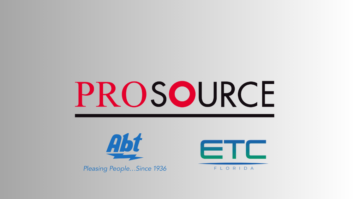Consumers’ interest in the Internet will express itself in a huge PC buying boom this year, with the PC home penetration rate passing 60% on about 14 million computers sold, according to a survey by Cahners In-Stat Group.
However, the survey found, many Internet users still have grave reservations concerning how Internet companies use their personal information.
In-Stat Internet strategies analyst Kate von Goeler said 43% of those buying PCs in 2000 will do so with the aid of an ISP rebate, pumping $2.2 billion into service providers for dial-up access.
The ISPs also will gain from the fact that almost all the new PC owners will get Internet access, von Goeler said. Despite the buzz this year surrounding Internet appliance devices, In-Stat expects these products to have only a slight impact on the number of people on the Internet, and it said sales of these items will not cannibalize PC revenue.
The major hurdle facing the Internet is to attract the remaining 40% of the population that sees no compelling need for a PC or Internet access. This lack of interest is primarily due to these people not being exposed to what computers and the Internet have to offer families and businesses, In-Stat said.
“This is a class issue and not one of money,” von Goeler said. “These people just have not been exposed to computers, so they have no interest.”
Another finding from the survey, conducted in February and including 1,500 U.S. consumers, is that men will no longer be the dominant users of the Internet. By the end of 2000 women will comprise 50% of all web traffic, the analyst said.
Also, the educational level of those online is much higher than the general population, with 72% of respondents with a graduate degree having Internet access, compared to just 26% of those with a high school education.
Age, too, has an impact on how people use the Internet. A recent American Association Of Retired Persons (AARP) poll found that 81% of respondents 45 and older have Internet access, but most are still reluctant to purchase anything online.
Almost three-quarters reported using the web to find out about products and services, but only 39% make their final purchase online. The remainder prefer going to the store or using the phone for the actual purchase.
The most popular online activity for this demographic was e-mail, with 90% indicating they use this service. About 25% invest, and about 20% do their banking online.
Privacy was the biggest issue among those the AARP surveyed, and another survey found the concern is not limited to respondents 45 years and older.
An online study conducted by Active Research, Burlingame, Calif., found that most online consumers are not entirely at ease giving retailers, portals and search engines their personal information.
Active Research president Tom Dubois said 52% do not trust a retailer to protect their information. This figure increased to 65% for online publishers and was 69% for portals and search engines.
Despite this level of distrust, online consumers are not interested in having government watchdog groups police the Internet. The majority would rather see the sites themselves be in charge.
The study did find cases where people were willing to share their data. Just more than 90% would give information or their opinion if they could do so anonymously and if the data were used to influence how a market, retailer or vendor operated. However, 57% will not divulge anything if they cannot remain nameless.
Active Research polled 922 online users in March.












